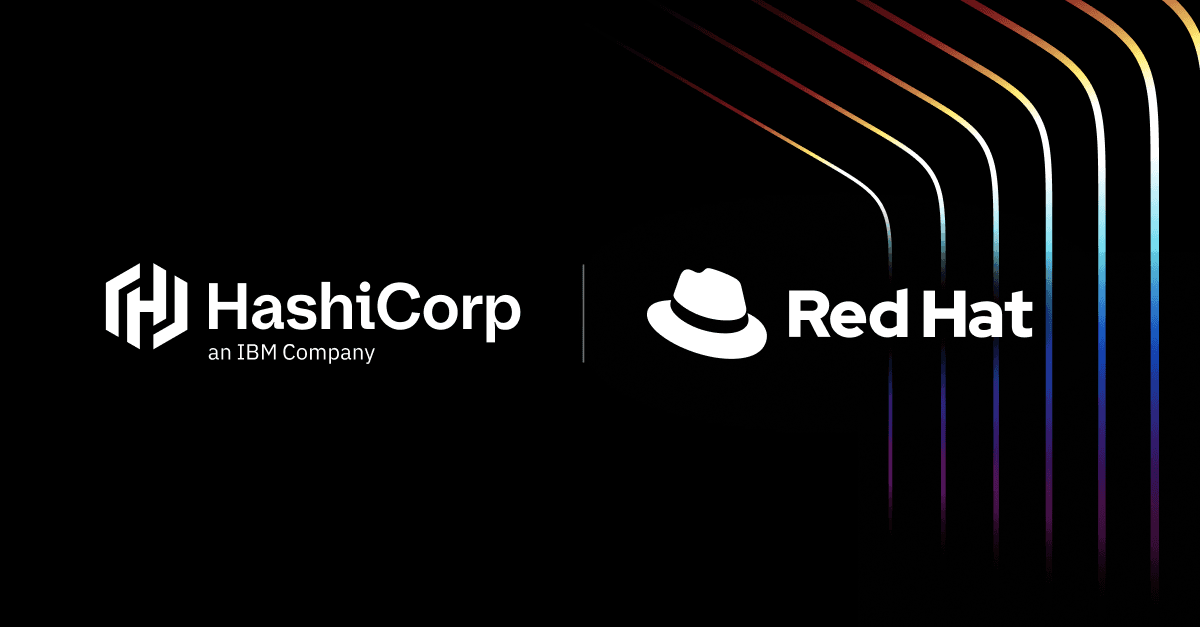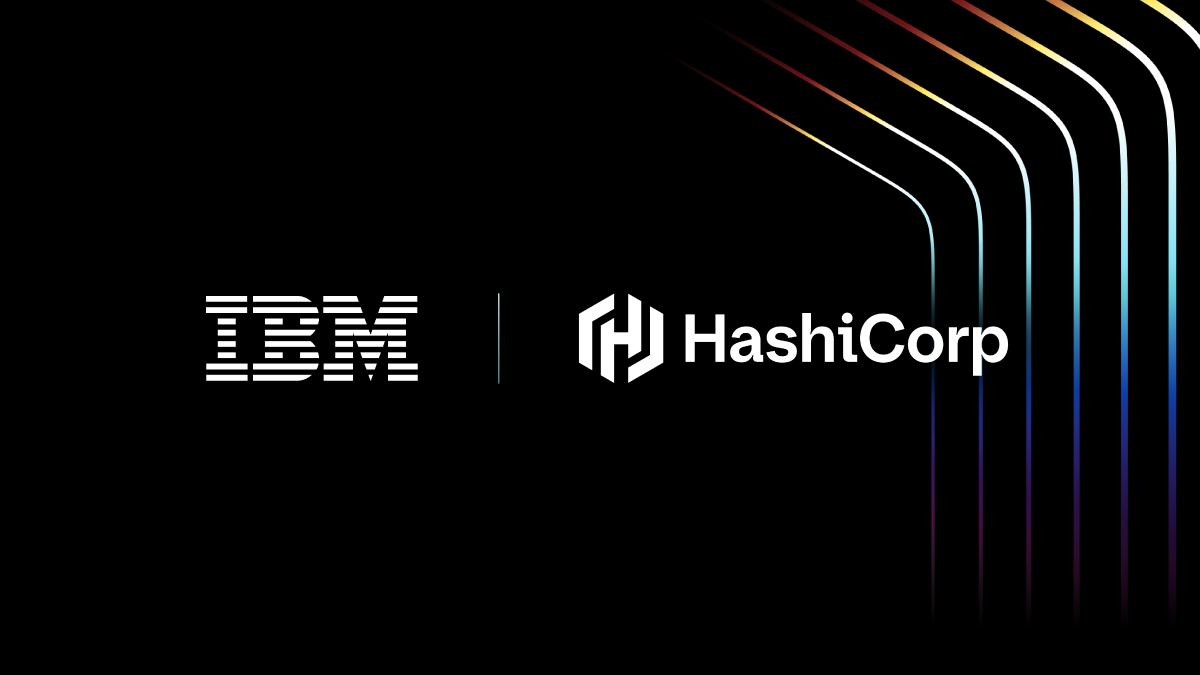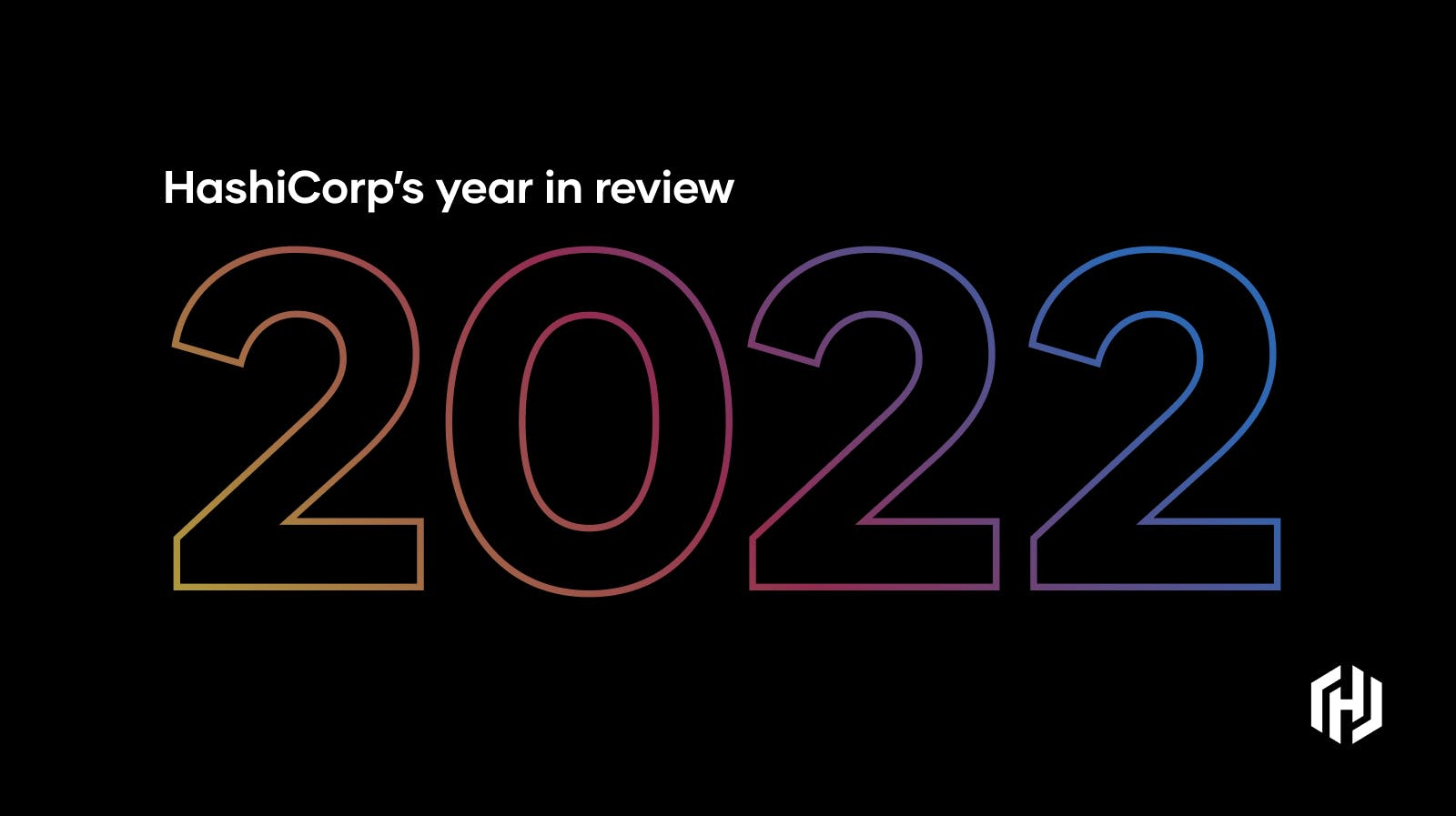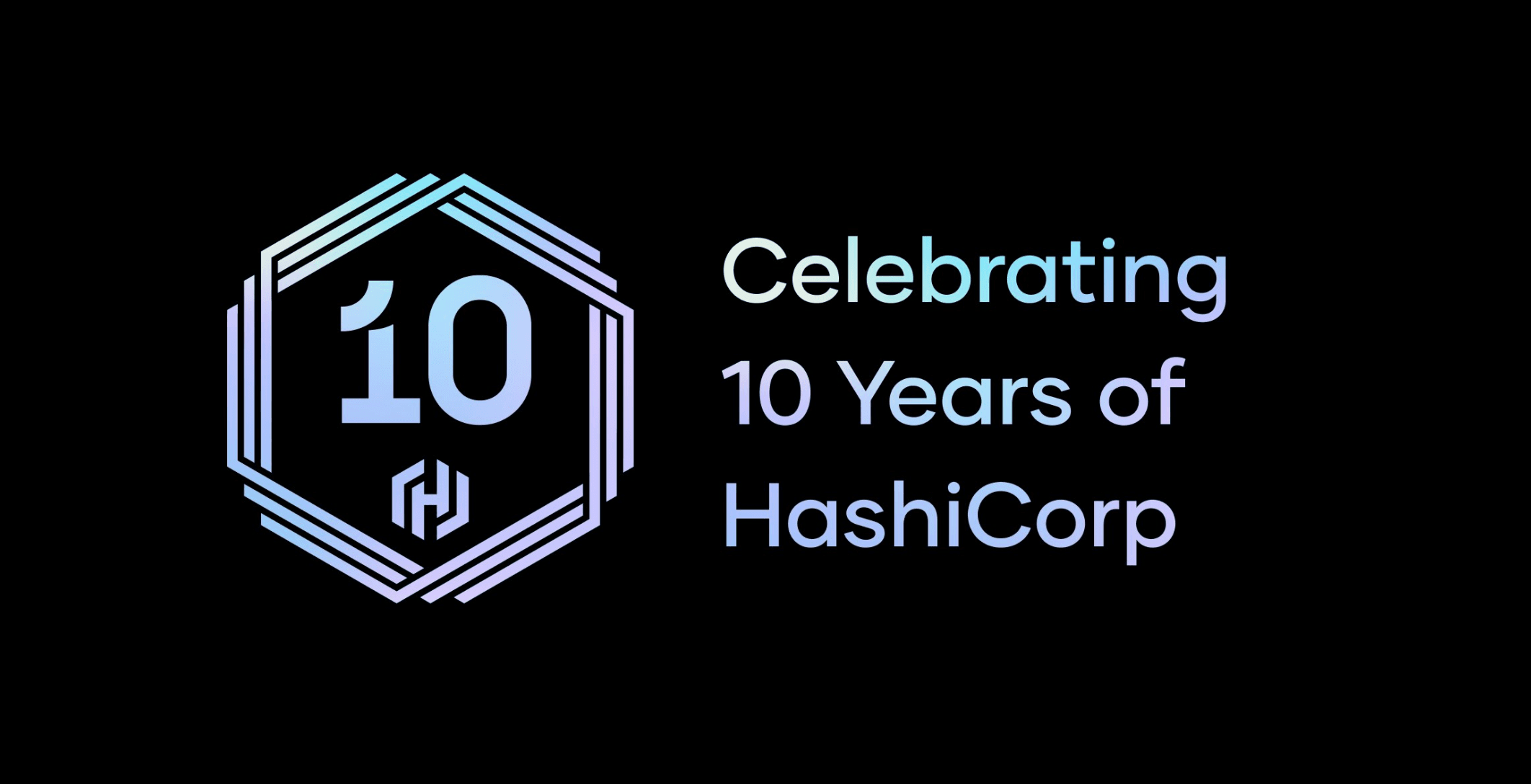
Armon Dadgar
Armon Dadgar is one of the Co-founders and CTO of HashiCorp. He has a passion for security and distributed systems and applies those to the world of DevOps tooling and cloud infrastructure. As a former engineer, he has worked on the design and implementation of many of the core HashiCorp products. He has been named to the Forbes and Inc 30-under-30 lists for transforming enterprise technology. He studied computer science at the University of Washington, where he met his Co-founder Mitchell Hashimoto.



















